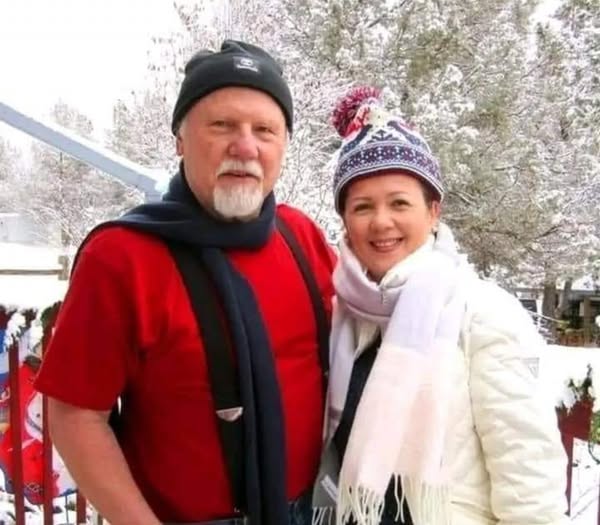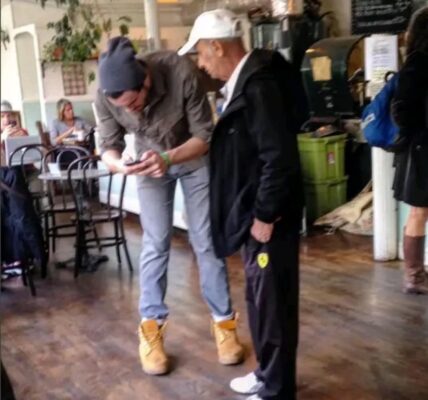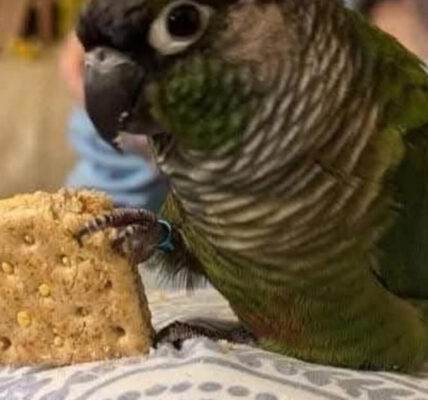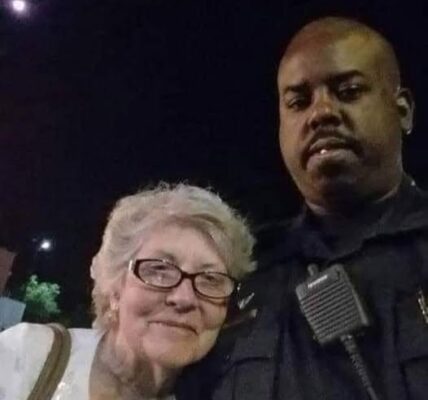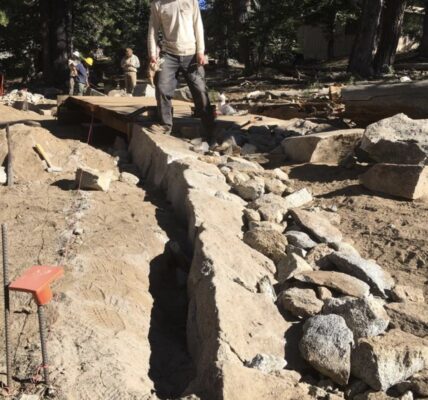
I met him in 2008. He was 60, and I was 50. Up until that point, he had been a lifelong bachelor, never married, no children, though he’d lived with a couple of different women for short periods—about a year each. I knew him as steady, kind, a little set in his ways, and someone who had built his life on quiet routines. We started dating, slowly at first, learning each other’s rhythms, waiting until my kids were out of the nest before we took the next step.
By 2010, we moved in together. A year later, we were married. By 2012, we had moved out of the Seattle area and purchased our first home together in Oregon. It was modest, but it was ours. His sisters, by this time, had long since given up on the idea of him ever marrying. “He’s 60,” they would say. “He’s set in his ways. Don’t hold your breath.” Even his friends didn’t see it happening. One buddy, who knew a lot about real estate, told him when he asked about buying property and putting a mobile home on it: “At 60? Nah, man, you’re too late for that.”
And yet, there we were—girlfriend to wife, stepmother to children, renters to homeowners—all in the span of four years. Those were our first milestones, small victories that felt enormous at the time. Life felt good, steady, comfortable.
We spent the next five years humming along, enjoying a semi-retired life in our own space. No big changes, just quiet joy, shared mornings, and evenings together. And then, in the blink of an eye, everything changed.
We had submitted our DNA to Ancestry.com, curious about our ethnic backgrounds, just a little fun project. Two weeks later, something extraordinary happened. He received a DNA match—an astronomically high match to a young woman with Asian and UK heritage. The girl was looking for her Vietnamese parents’ American GI fathers, a search that uncovered a tangled but miraculous story. Her parents were both Amerasian children, born during the Vietnam War to Vietnamese mothers and American fathers.
Through FaceTime calls and further DNA tests, we confirmed what none of us could have expected: my husband was the father of this young woman’s mother. In a matter of weeks, he went from being a bachelor with no children to being a father, a father-in-law, and a grandfather—not just once, but four times. He suddenly had four grandchildren, aged 16, 18, 20, and 24. Three girls and one boy.
The surprises didn’t stop there. A few months later, the 20-year-old grandson and his girlfriend got married, and they had a baby girl. My husband, now a great-grandfather, was about to become a great-grandfather again.
We met his daughter and her family for the first time the week he turned 70. They traveled from Florida to Oregon, visiting multiple times, integrating into our lives as if we’d always known each other. His sisters, too, embraced this miracle, welcoming his newly discovered family into their hearts and homes, traveling to see them in Georgia and Texas, hosting them, loving them.
In just ten years, my husband went from a lonely, quiet bachelor in a run-down duplex to a husband, stepfather, homeowner, father, grandfather, and great-grandfather—all after the age of 60.
I tell people, smiling, “He was a late bloomer.” And truly, it feels like a miracle. Life has a way of surprising us, sometimes in ways we cannot imagine, sometimes giving second chances that surpass all expectations. For him, it came late, but it came full—and it changed everything.
